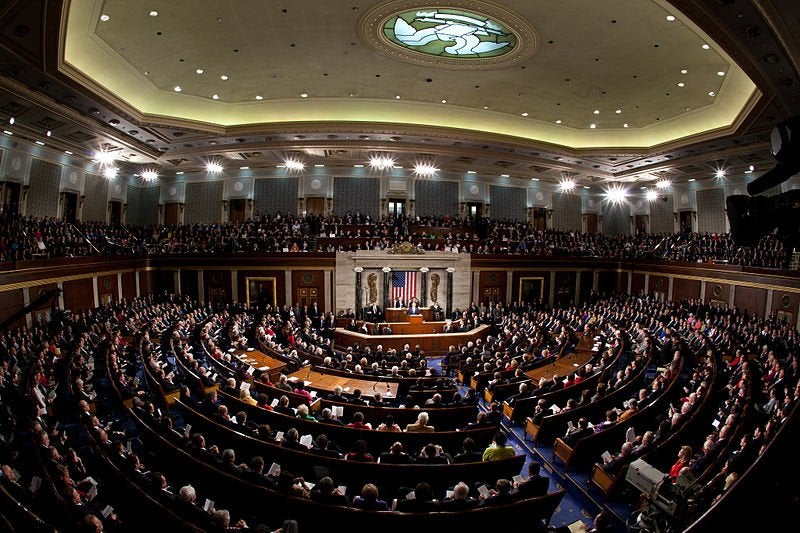New Series of Reports to Congress Concerning Great Power Competition
On January 27th, the Congressional Research Service published a report titled “Renewed Great Power Competition: Implications for Defense—Issues for Congress”. Over the following week, this was quickly followed up by a series of reports concerning issues such as Chinese military modernization and American policy towards the Arctic, South China Sea and East China Sea.
The first report stated that counter-terrorism is now a secondary issue in national security. The primary security issues for the US, all related to competition with China and Russia, these were listed as:
- grand strategy and the geopolitics of great power competition as a starting point for discussing U.S. defense issues;
- organizational changes within DOD;
- nuclear weapons and nuclear deterrence;
- the global allocation of U.S. military force deployments;
- U.S. and allied military capabilities in the Indo-Pacific region;
- U.S. and NATO military capabilities in Europe;
- new U.S. military service operational concepts;
- capabilities for conducting so-called high-end conventional warfare;
- maintaining U.S. superiority in conventional weapon technologies;
- innovation and speed of U.S. weapon system development and deployment;
- mobilization capabilities for an extended-length large-scale conflict;
- supply chain security, meaning awareness and minimization of reliance in U.S. military systems on foreign components, subcomponents, materials, and software;
- capabilities for countering so-called hybrid warfare and gray-zone tactics.
The report concluded that the post-Cold War Era is now over; it began its decline around 2006 and by 2014 had been replaced by an “Era of Renewed Great Power Competition”. A number of “key features” characterize this new global environment. The most obvious features are related to Russia and China asserting themselves militarily, often by means of paramilitaries, cyber-attacks, hybrid warfare and “salami slicing” tactics.
Additionally, the principles of the American-led international order are increasingly challenged. Beyond that however, the US now finds itself in an ideological struggle akin to that of the Cold War; American democracy faces off against illiberal democracy and authoritarianism. According to the report, one way in which this manifests is through:
“the promotion by China and Russia through their state-controlled media of nationalistic historical narratives emphasizing assertions of prior humiliation or victimization by Western powers, and the use of those narratives to support revanchist or irredentist foreign policy aims”
This point is taken verbatim from the author, Ronald O’Rourke, earlier Congressional report document ‘A Shift in the International Security Environment Potential Implications for Defense‘, published back in 2016. Moreover, threats such as terrorism, failed states and regional revisionists such as North Korea and Iran remain a constant threat.
While on one hand this report may be brushed off as “nothing new”, it makes one thing clear. The competition with China and Russia is no longer confined to just traditional security issues. You can read the full report here. It and the other related reports via the Congressional Research Service.

